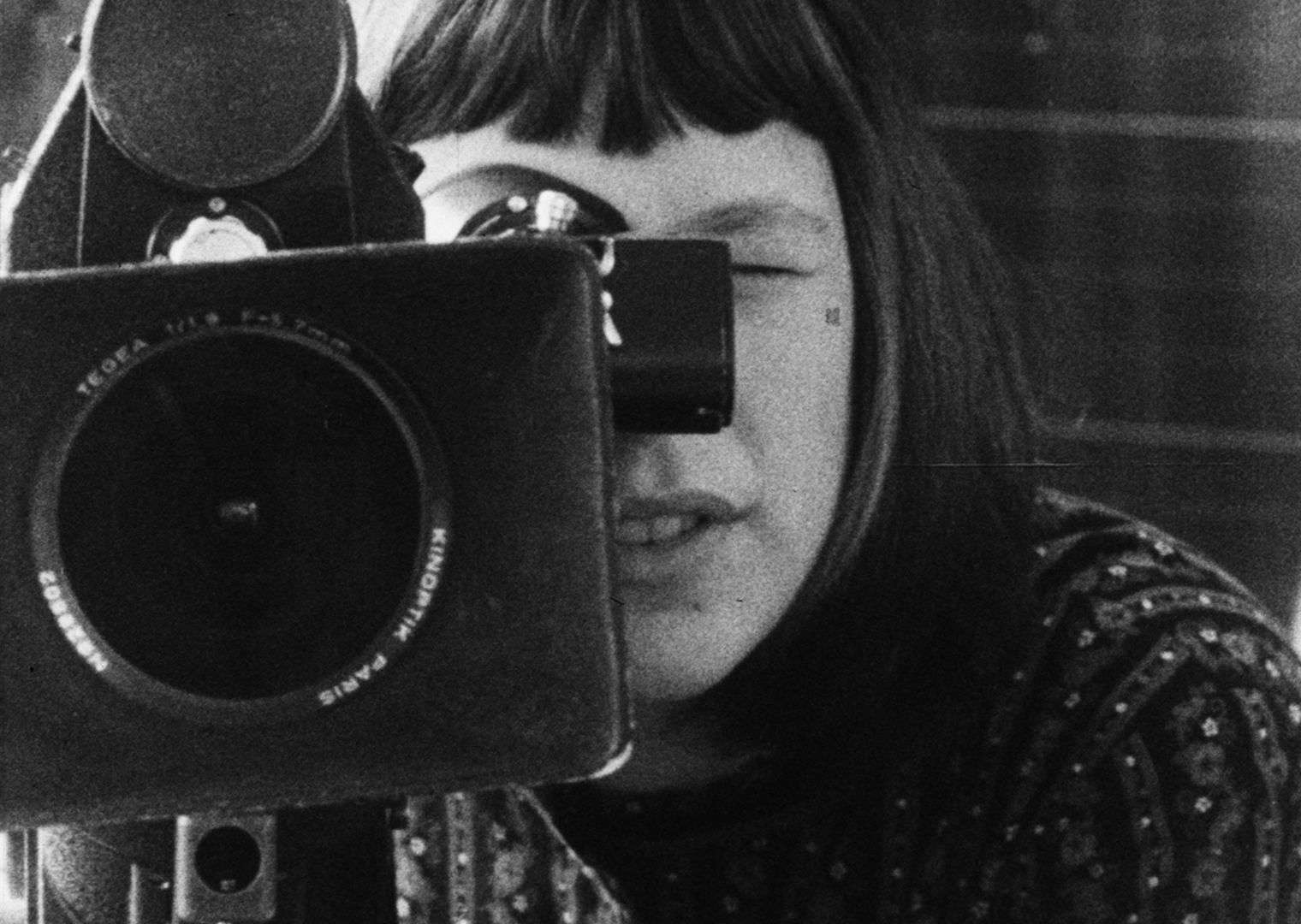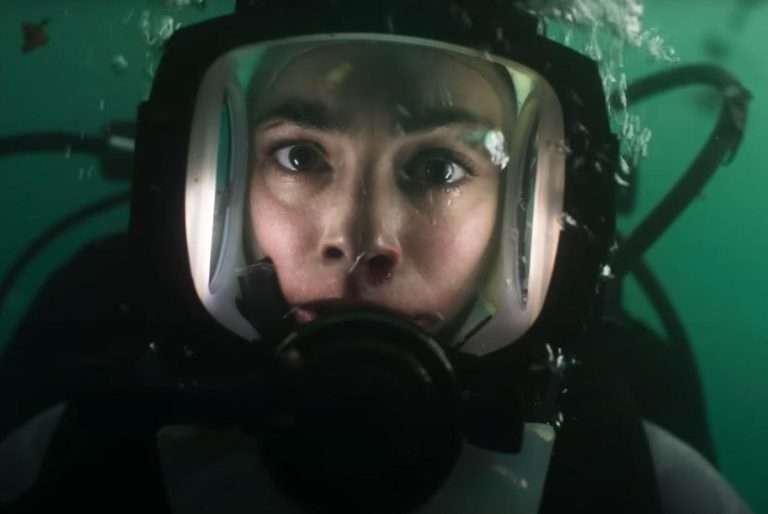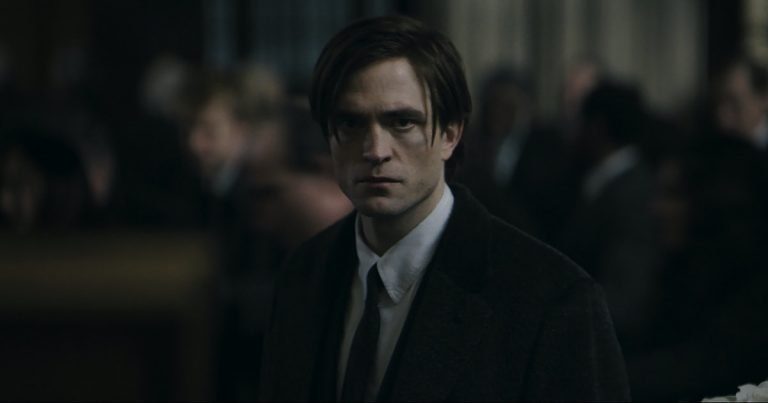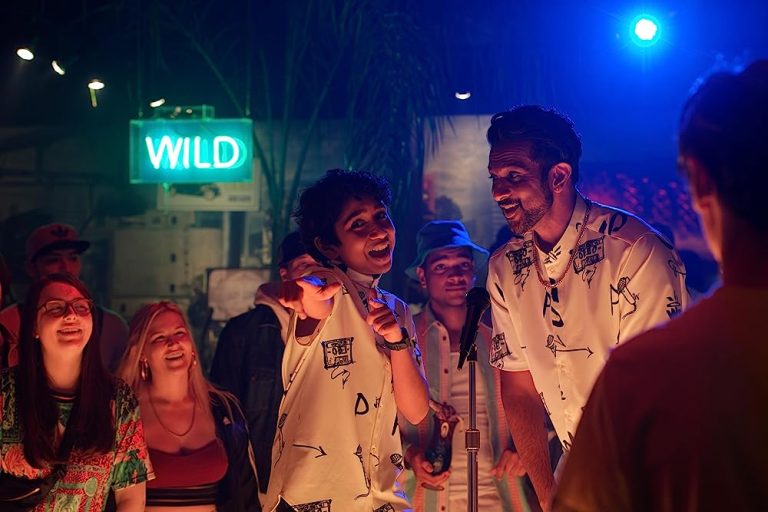Films about filmmaking can be particularly tricky. While they can help us understand the mechanics of this art form, they can easily turn into self-serving documents for the central character/artist. So, I was hesitant to watch the new Edgar Reitz documentary. Luckily, it isn’t remotely as self-serving as I imagined. “Filmstunde_23” (“Subject: Filmmaking”) professes the importance of cinema as a form of communication. It hopes cinema to enter the school curriculum, similar to any spoken or written language.
Compared to other art forms, cinema is incredibly young, with just over a century’s worth of historical account. Its new possibilities are constantly being thought of or developed by artists across the globe. However, to use the cinematic tools in new, inventive ways, they must understand the basics as clearly as possible. Be it visual literacy or the implications of creative decisions, artists need to know these aspects to elevate their craft and maturity. Martin Scorsese is a prime example of having a fine grasp of visual communication from a young age. He had his education more through visual storytelling than text-driven one. It is reflected in the smallest creative choices in his work that serve a clear purpose and influence the impact it has on the viewers.
Backed by a similar thought decades ago, Edgar Reitz taught the craft of filmmaking to a class of female students. “Filmstunde_23” shows glimpses from the same class. We get to see bits of his older, black-and-white documentary that chronicles his lessons and the gradual development of his students’ creative output. At the time, all these students were at an impressionable age. So, they were naturally inquisitive. Besides, filming and recording devices were not as readily available as they are now. So, there was a sense of awe and wonder in using them, mixed with a sense of genuine thrill. After all, they all were learning things no other teacher taught them about.
Reitz emphasized the understanding of cause and effect related to camera placement and movements. He gave his students simple exercises. They were supposed to go out and shoot a particular subject with their film cameras. By doing this, the young women organically learned the emotional and intellectual impact of their creative decisions.

Later, Reitz also ignited discussions about these aspects and made them actively consider the reasons and the implications of their particular choices. Be it the speed of a camera movement, direction, or lack thereof, he made them come up with answers for what they thought and felt. The 2024 documentary explores the relationship these students share with their works several decades down the line. We meet the young girls years later. They look back at all the things they shot when they were kids and reflect upon their past. We hear their memories associated with these shoots through their voice-over commentaries. These videos serve as documents of this era, for them and for us.
Simultaneously, it offers these women a chance to reflect on their different viewpoints. As a kid, one of the young filmmakers observed older people through her camera and criticized some of their behavioral traits. After reaching a similar age, they have a more mature understanding of these matters and have empathy for both sides of the argument.
“Filmstunde_23” offers this lively, playful exercise that joins different periods of time. However, at its heart lies a much deeper concern. Reitz argued for bringing cinema into the school curriculum and continues to feel the same necessity. In the past, parents of these female students shared some intriguing reactions. They appreciated how filmmaking grew the spirit of teamwork in their children. The video projects also made them curious about these tools since they opened up possibilities for newer ways of communication.
Yet, there were a share of usual complaints that came from years of lived experience of misogyny. Some of the parents felt it was wrong to make their daughters get used to the idea of freedom. The same conservative mindset permeates across the globe with an unnatural rise of conservative politics. With the growing concerns over job losses and the decline of humanity, we need a more mature, human-made cinema than ever. So, Reitz’s urge seems more urgent now.



![The Lost City [2022] Review – Sandra Bullock & Channing Tatum cannot save this stale, humorless romp](https://79468c92.delivery.rocketcdn.me/wp-content/uploads/2022/04/The-Lost-City-Movie-Review-1-768x384.webp)




![Dhulo (The Scapegoat) [2021] – ‘LIFF’ Short Film Review – An angry and disillusioned look at the dirty politics and communal hate in Bengal](https://79468c92.delivery.rocketcdn.me/wp-content/uploads/2021/06/Dhulo-The-Scapegoat-20-highonflms-768x323.png)